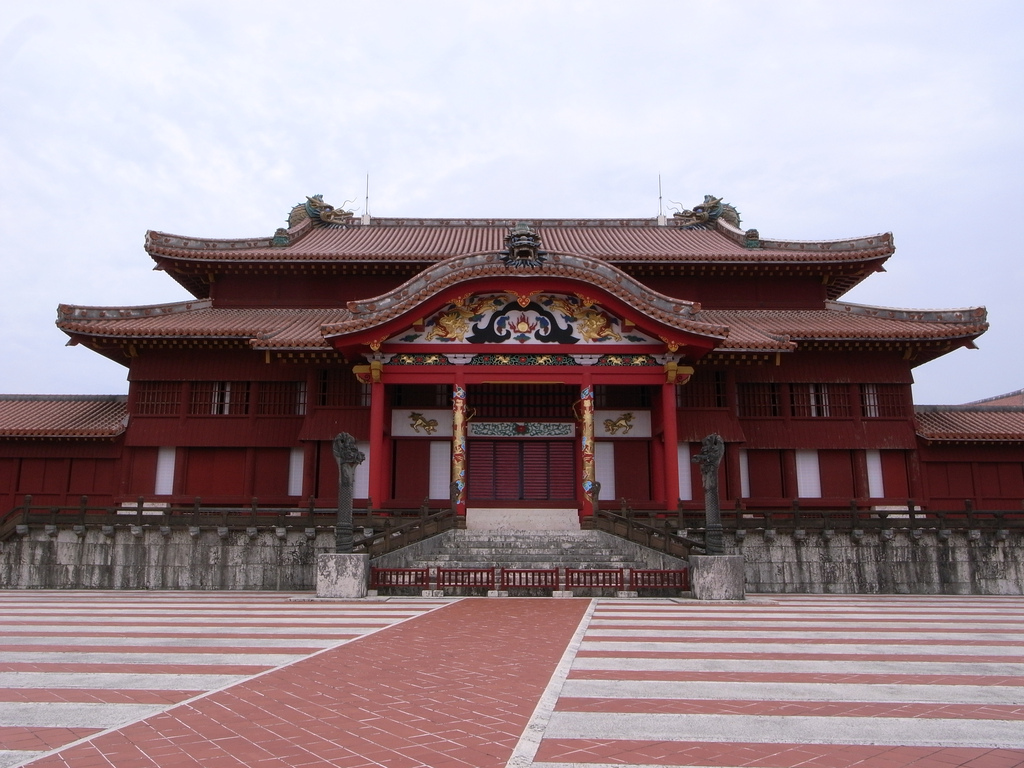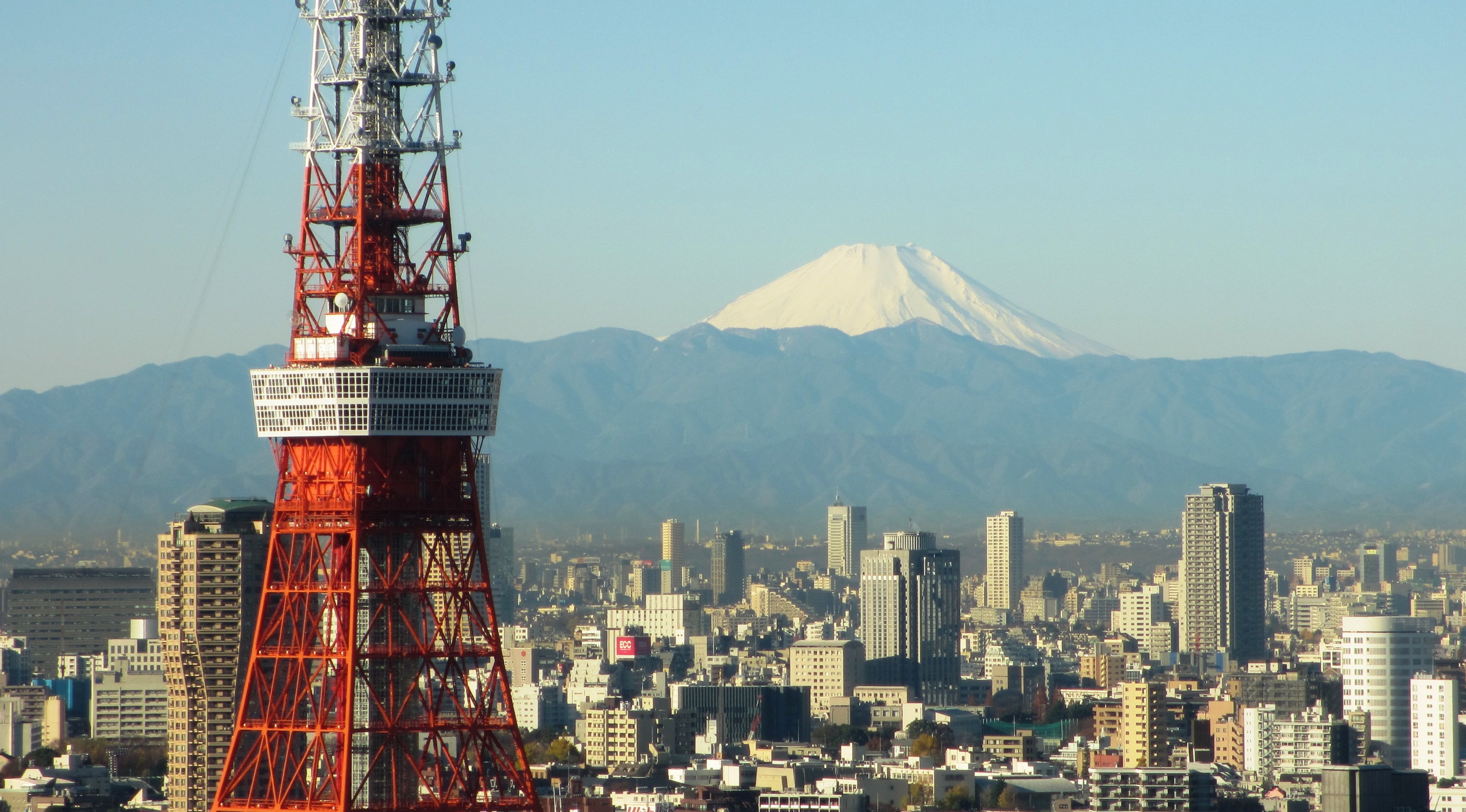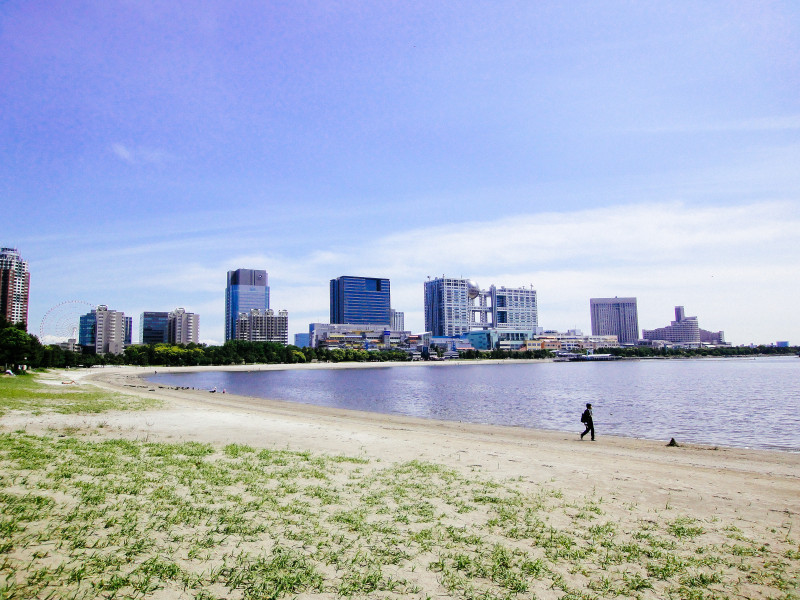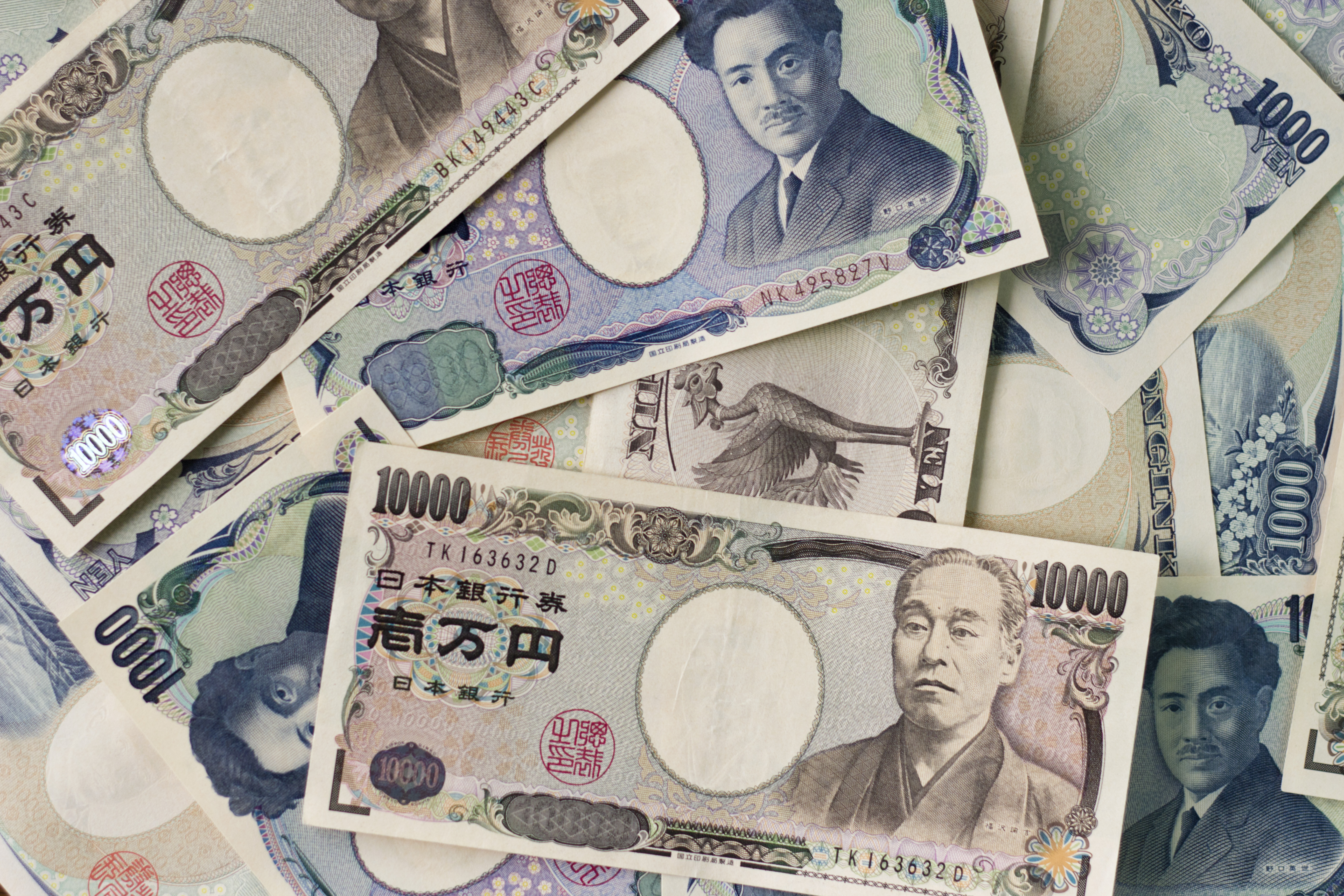
Source: Richard, enjoy my life!
“Onegaishimasu” is a formal phrase used by Japanese people to greet each other. The meaning and usage are not really as simple as to explain in English. To understand properly its meanings, one needs to understand the Japanese culture and tradition as well. Keep reading to know more about this in the following sections.
1.Meaning of “Onegaishimasu“
Onegaishimasu has different meanings. The common meaning everyone thinks is, “Please”. But the meaning is deeper and more elaborate than a simple ‘please’. It can be translated as “Please do your best”, “If you please”, “Do me this favor”, “Please have a good game” etc. Onegai is a form of the word negau, which means “wish”. Shimasu is the formal form of the verb suru, meaning “to do”. Both of them together make Onegai shimasu which means “With all due respect I beg you to do this favor for me.”
2.How to Use It?
A common example of a situation where “Onegaishimasu” is said is before starting a game, or before a challenge. Japanese people express themselves to their opponent team with this greeting. Be noted, the words are only meant for honor and respect. It has always been used only in formal situations, with people older than you or rank in higher than you. The term is used with another word “Yoroshiku”, like this, “Yoroshiku onegaishimasu”. “Yoroshiku” means “Kindly”. You can mention only “Yoroshiku” in some casual situations but if you are not sure about the situation, you should use the whole term “Yoroshiku onegaishimasu”.
3.Value of “Onegaishimasu” in Japan
The word is definitely a stranger to American culture (as well to many other cultures). It reflects the honorary and formal outlook of Japanese tradition. I beg you to treat me well has no literal value to many countries as they are not used to be that much humble to an opponent team. Japanese tradition influences people to be the most humble nation where they like to tell their rival team “Doumo sumimasen onegaishimasu”, means “I humbly apologize and I hope you treat me well”.
4.Some Situations to Use It
We have seen the literal meaning of the term “Onegaishimasu”. Let us now see some examples where it can be used and how this is translated:
- When you meet someone for the first time, you can use the term “yoroshiku onegaishimasu”. It will simply mean “Nice to meet you.” You can reply with the same words as well.
- After planning for a big project, the group of yours is going to start work. You can say, “yoroshiku onegaishimasu” which will mean, “Thank you for your valuable time” or “Let start working hard, together.”
- This word is used frequently in Karate class, before a match begin. “yoroshiku onegaishimasu” in this case shows respect to the rival party.
- You can say that to your kid’s teacher which will express gratitude for his good job, an apology for the trouble he is going through because of the kid and a request to take good care of your kid. All of these will mean at the same time with just these two words.
- In some social situations, it is an ultra-polite way to say, “It is up to you”.
- Sometimes, when you ask for a favor to someone you can add “yoroshiku onegaishimasu” which will mean “sorry and thanks for being so cool about it”.
5.Wrong Ways to Use “Konnichiwa” & the Right Words in Those Cases
Some people mismatch the use of “Onegaishimasu” with “Kudasai”. While both have the same meaning and both can be used in some common situations but there are some situations where you cannot use “Onegaishimasu”. There you have to use “Kudasai” only. For example, to make a request where an action is involved, you cannot use “Onegaishimasu”. If you ask someone to come back for you tomorrow or to wait for you or to go with you to some places, you need to use “Kudasai” in that place. You cannot use “Onegaishimasu” after ordering some food. This is where you need to use “Kudasai” as well. Mainly, you can use “Onegaishimasu” in situations where you make a request and you trust the person you make the request. But if you make a request to complete the job what you need to do, then instead of “Onegaishimasu” you need to use “Kudasai” or “Chodai”.
Have a good trip and travel!

















